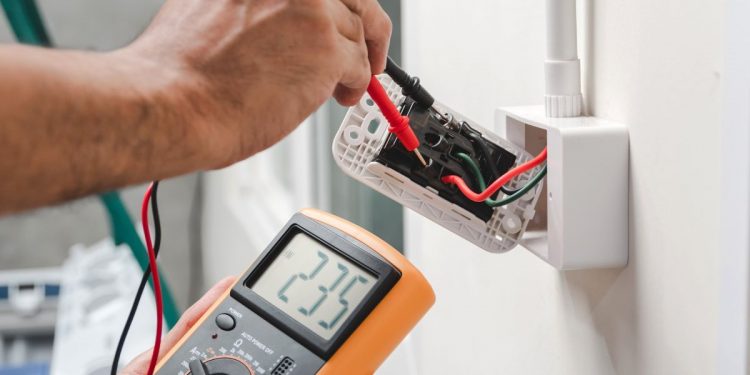Before you choose a Business Electricity UK supplier, there are several factors that you should consider. These factors will depend on your business’s size, as well as the Rates you will pay. Once you have evaluated these factors, you can select the best contract type for your business. The next step is to evaluate the risks associated with the chosen contract.
Business electricity suppliers vary by business size
When deciding on an electricity supplier, it is vital to know what your exact requirements are. The size of your business and the location of your premises will influence the contract you choose. Some suppliers offer fixed prices, while others offer variable rates. You should also be aware of the differences in contract terms and prices, as well as the types of contracts available.
If you have a small or medium sized business, it will help to compare prices from different suppliers so that you can find the best deal. Compare per kWh, standing charges, bulk discounts and contracts to find the best deal for your needs. It is also a good idea to compare supplier customer reviews and contract terms. After all, if you are unhappy with your current supplier, you can always switch to another one.
Contract length
Business electricity contracts are usually fixed for a certain period of time – often three years – after which you’re locked into your deal. As a result, it’s important to know exactly how long a contract is before you begin negotiating with a new provider. Moreover, it’s important to avoid getting locked into a long-term contract by forgetting to send a termination letter.
The best way to find a good deal is to shop around and compare contracts offered by various suppliers. There are some important things to look for in a contract, such as the rate of energy supplied and the fee if you wish to cancel early. If you’re in the market for a new contract, contact Northern Gas and Power to ensure that you’re getting the best possible deal.
Rates charged
Business Electricity UK rates charged are dependent on several factors, including the region of the UK, the energy supplier and the length of the contract. A small business could pay significantly more for electricity during the weekend than it would on a weekday. If your current provider is charging you too much for your energy needs, you may be able to find cheaper rates elsewhere. Rates are also affected by the wholesale electricity market and are subject to change at any time.
Business electricity prices differ greatly, so it’s important to compare different contracts. Fortunately, British Business Energy can provide advice on which type of tariff is best for your business. Whether you’re looking for predictable, affordable prices, or a low-cost green energy option, British Business Energy can help you find the right deal for your company.
Switching to a cheaper tariff
If you want to change suppliers, you should first check your contract to see if there is a switching window. This period typically occurs between one and six months before the current contract expires. During this period, you can get quotes and have your new tariff ready when your current contract ends. You should also check the unit rate, which is the cost of your electricity usage in pence per kilowatt hour.
The process of switching business electricity tariffs is slightly different than that for residential customers. It is a relatively simple process, but it will involve writing a termination letter to your current provider and then shopping around to find a cheaper deal. The process of switching contracts is instant for deemed and out-of-contract rates, but may take a few days for standard contracts. Taking advantage of the switching period will save you money on your energy bills.
Charities and non-profit organizations eligible for reduced VAT rate
Charities and non-profit organizations can claim a reduced VAT rate if they meet certain requirements. They are not exempt from VAT, but they can claim various concessions and reliefs. Charities and non-profit organizations are entitled to a 15% VAT reduction on all energy used for non-business purposes.
There are two ways to get this reduction: by declaring your charitable status and by providing an eligibility declaration. Charities are required to provide proof of their charitable status and must be registered with the Charity Commission. Furthermore, charities must make qualifying purchases and be able to provide evidence to prove their status.
Charities and non-profit organizations can claim the reduced VAT rate for gas, electricity, and fuel. The qualifying part of a building must be at least 60% of the total usage. The remainder of the fuel and power will be subject to 5% VAT.















